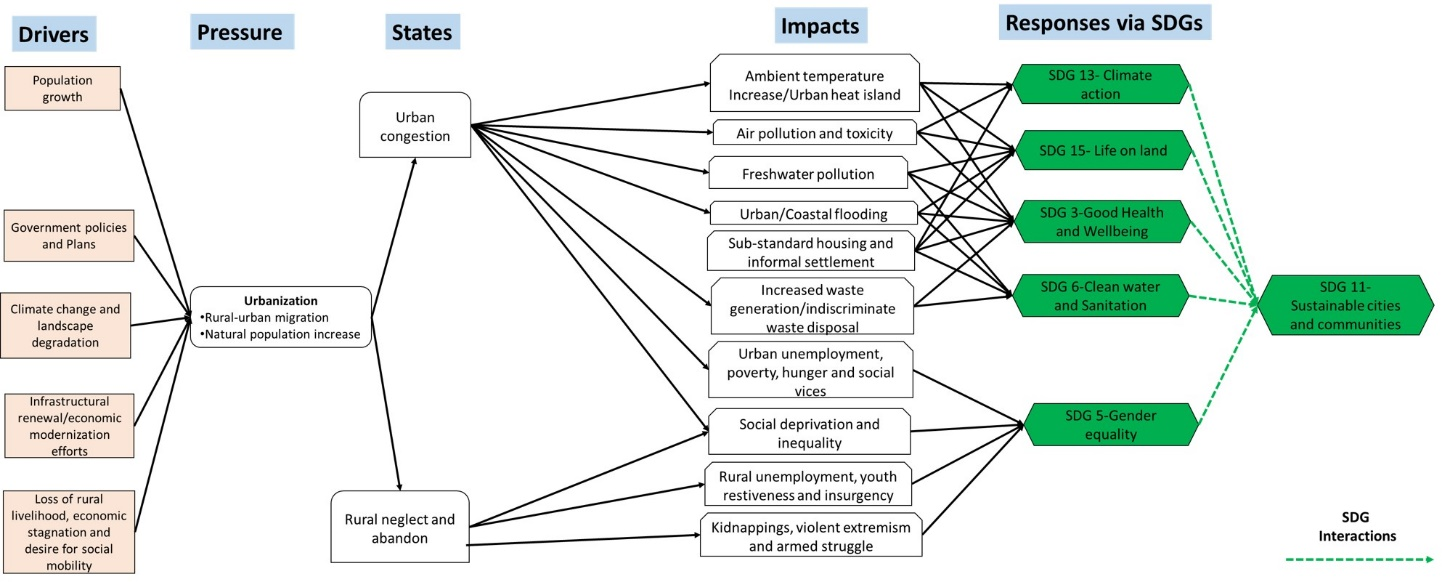About DREAMS

African cities and urban agglomerations face significant challenges in achieving the UN Sustainable Development Goals (SDGs). Urban developments in Sub Saharan Africa are often out of governmental control, especially in informal settlements of major cities where growth is largely driven by informal social networks. Our transdisciplinary research project seeks to create new sustainability pathways for African cities and contribute to building partnerships for achieving the UN SDGs, and address this through a strong, cross-continental partnership (SDG 17). We partner up with researchers from Africa, Germany and US and combine expertise from natural and social sciences who bring in experience on urban planning processes and methods that embrace Charettes as a key participatory approach for addressing particular local hotspots, where the cooperation between communities and planners is particularly needed. We include also experiences how to connect planning with actions through integrated urban development concepts that support prioritizing spatially and thematically where and how to overcome key problems in existing and developing informal settlements.
DREAMS aims also at developing an integrated approach for participatory scenario modelling, impact assessment and integrated strategic urban planning. Our proposal anticipates the future development of African cities with regard to key driving forces and their social-ecological influences, as reflected in six SDGs, namely
- #3 (Good Health and Well-Being),
- #5 (Gender equality),
- #6 (Clean Water and Sanitation),
- #11 (Sustainable Cities),
- #13 (Climate Action), and
- #15 (Life on Land). Our regional focus will be in West-Africa (Ghana), East-Africa (Uganda) and Southern Africa (Republic of South Africa).
We will combine remotely sensed data on urban pattern development and participatory scenario development and planning into a mixed-methods approach to better understand why current city planning instruments, strategies and participation mechanisms fail to better coordinate informal settlements thereby undermining the resilience of urban social-ecological systems being exposed to climate change impacts (e.g. flooding), as well as social insecurity and poor health.
We will do this by
- implementing a learning approach with Cape Town in South-Africa being a front-runner in how to empower local actors to drive more sustainably the infrastructural development in informal settlements. Our research will explore how far such mechanisms and processes can be transferred to other metropolises, such as Accra, Cape Coast (Ghana) and Kampala (Uganda).
- implementing a charrette approach as a theoretical framework, to transfer knowledge on successful participatory planning mechanisms to address informal settlements predicament facing cities in the selected regions.
- in support of participatory planning, we will adapt and implement a modelling platform GISCAME and match it with informal planning formats, such as focus group meetings or planning cells. We will derive recommendations and syntheses at municipal level and for transfer to other cities.
A key asset from our research cooperation with be a strong cross-continental and transdisciplinary network of partners that strive for bringing up visions how to mutually strengthen capacities to achieve the UN Sustainable Development Goals, focussing on urbanization as a key critical topic in the age of the Anthropocene.









